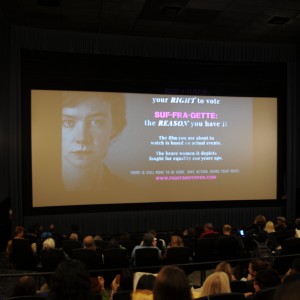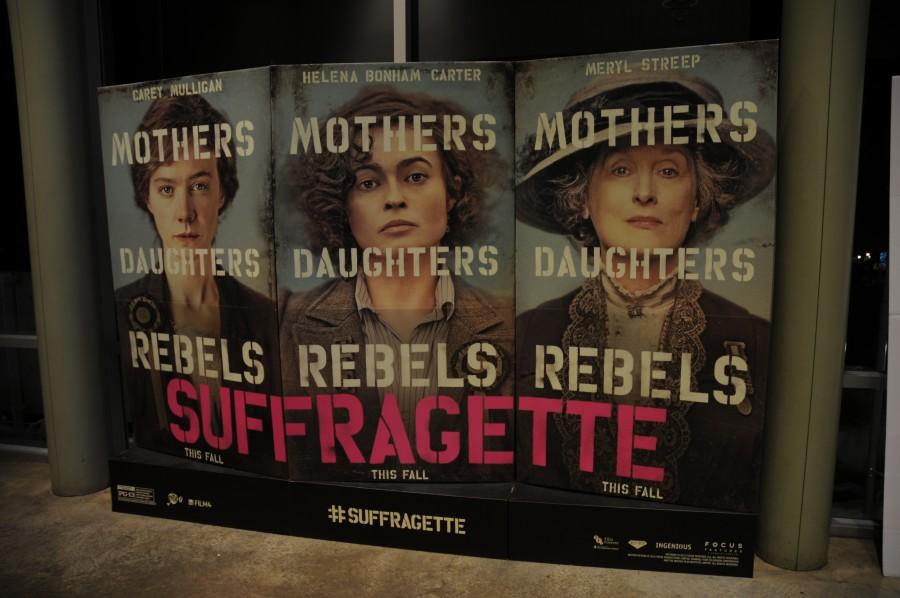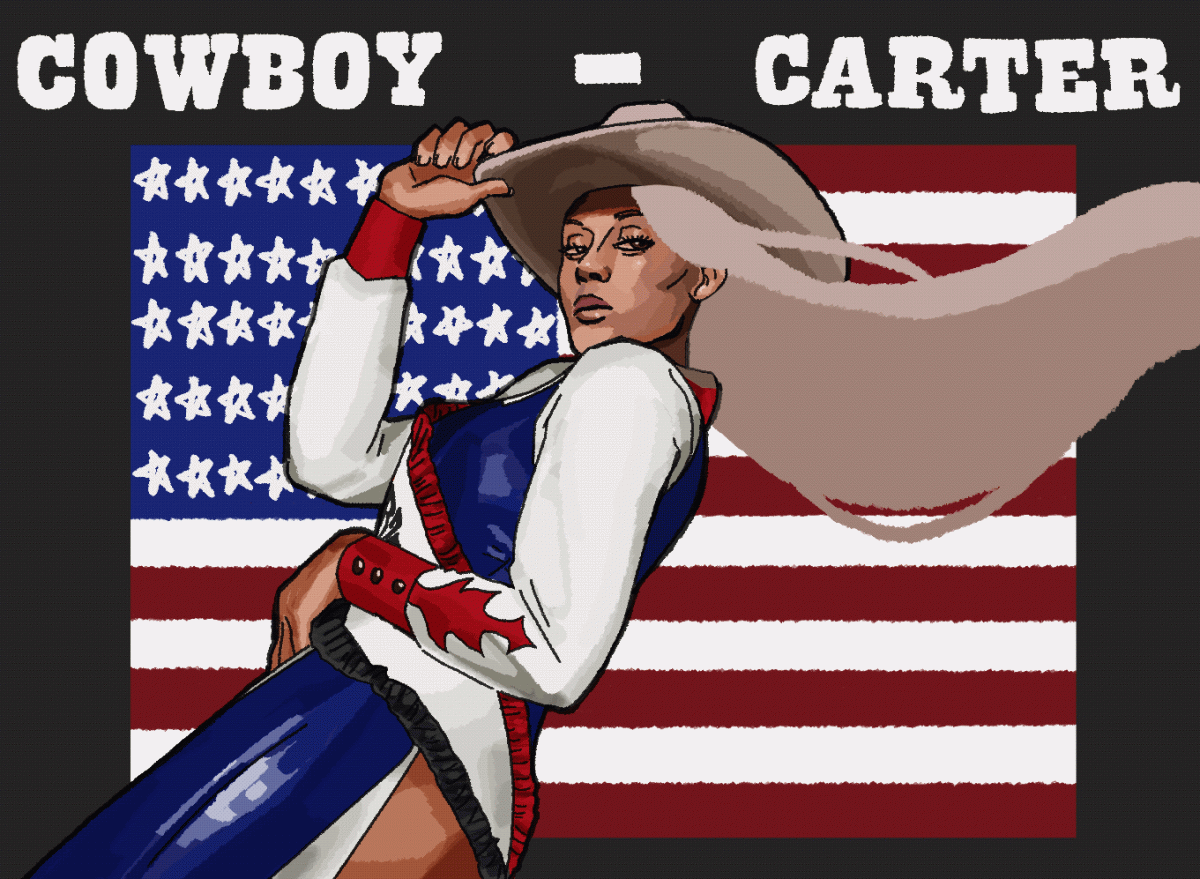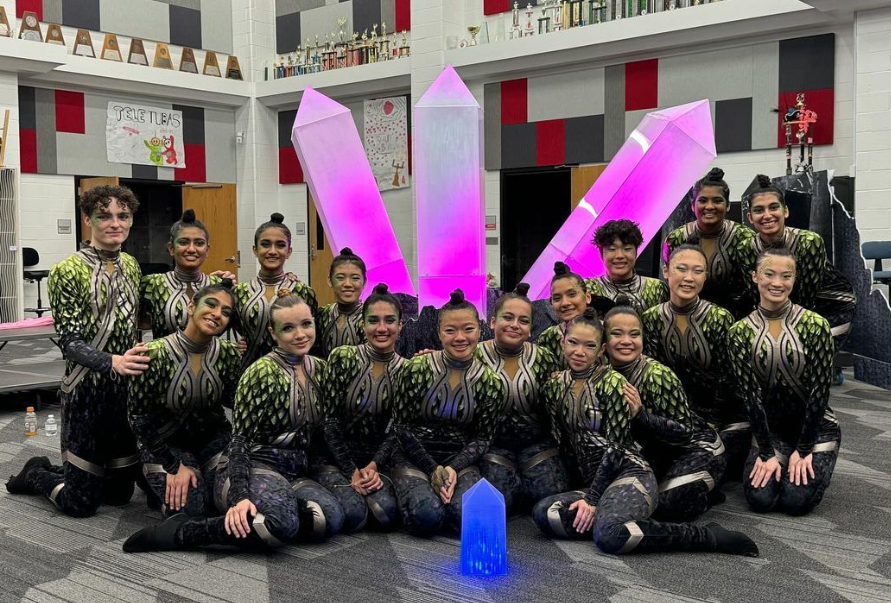By Mallorie Munoz
Managing Editor
@munoz_mallorie
DALLAS – “You want me to respect the law? Then make the law respectable” Maud Watts, played by actress Carey Mulligan, said.
Sarah Gavron’s “Suffragette” explores twentieth century British women’s rights, and brings attention to a piece of history many American’s might disregard.
The 19th amendment was passed in 1920, allowing white American women the right to vote. This left British women out of the loop until 1928, when the Equal Voting Rights act was passed. The build up to this act is the central focus of the film, through the perspective of a young woman, Maud Watts.

Although the main conflict faced by women in the film was the right to vote, another issue explored is the gender wage gap: the same wage gap that still leaves women in modern-day America below many working men holding the same position as women.
Movies of the “based on a true story” genre typically leave viewers to appreciate the progression from the past to present. As important as it is to recognize the better living conditions for women, it would be unacceptable to ignore the fact many of the issues faced by characters in the film are still faced by women worldwide.
This is why, perhaps, the most impactful piece of the entire movie did not come until the credits were rolled along with a list of the years women in every country were given the right to vote.
Women in Saudi Arabia were not allowed to vote until this year. Including this list of dates made this movie set in years past, all the more prominent and real, and did not allow a “happily ever after” ending to resonate.
As much as I am in complete and total support for women’s rights, I do have a complaint about “Suffragette”. Even after considering the time period and world location, I am disappointed that there was not representation from any race besides white men and women. African American women, for example, were permitted to vote by the Equal Voting act as well. Yet, the only race seen in all cast members, including minor roles and extras, was white. Women of color faced the same struggles, typically to a higher degree, and in many places were not granted the rights of white women until much later.
In America, for example, women of color were not able to vote until 1955, 35 years after the 19th amendment was passed. But that isn’t mentioned in the film. America’s voting law is nicely tied up with a bow and left at 1920 in the rolling list of dates and countries at the end of the movie. This misrepresentation and “white-washing” is the glaring flaw that turned me away from the film.
Aside from that, the film is well structured and creative in its choice of perspective. Rather than highlighting the life of Emmeline Pankhurst, the leader of the Suffragette movement who is briefly seen in the film, an average woman employed in a laundry factory is its focus.
Overall, “Suffragette” is both entertaining and educational. Despite its one-sided perspective, it is powerful and delivers an important message.
Grab a friend and hit up the theatre this weekend, but do not allow the film to be your sole source of women’s activist education. Remember powerful African-American women like Daisy Bates, Septima Clark, and Mary Ann Shadd Cary.





















